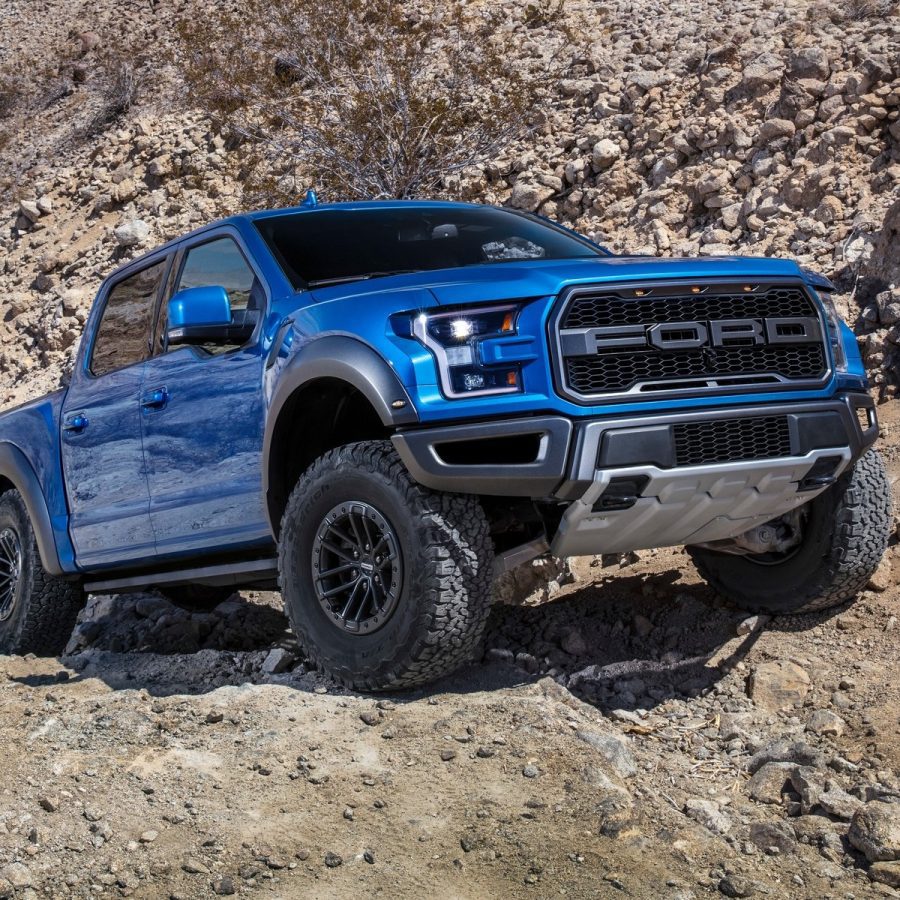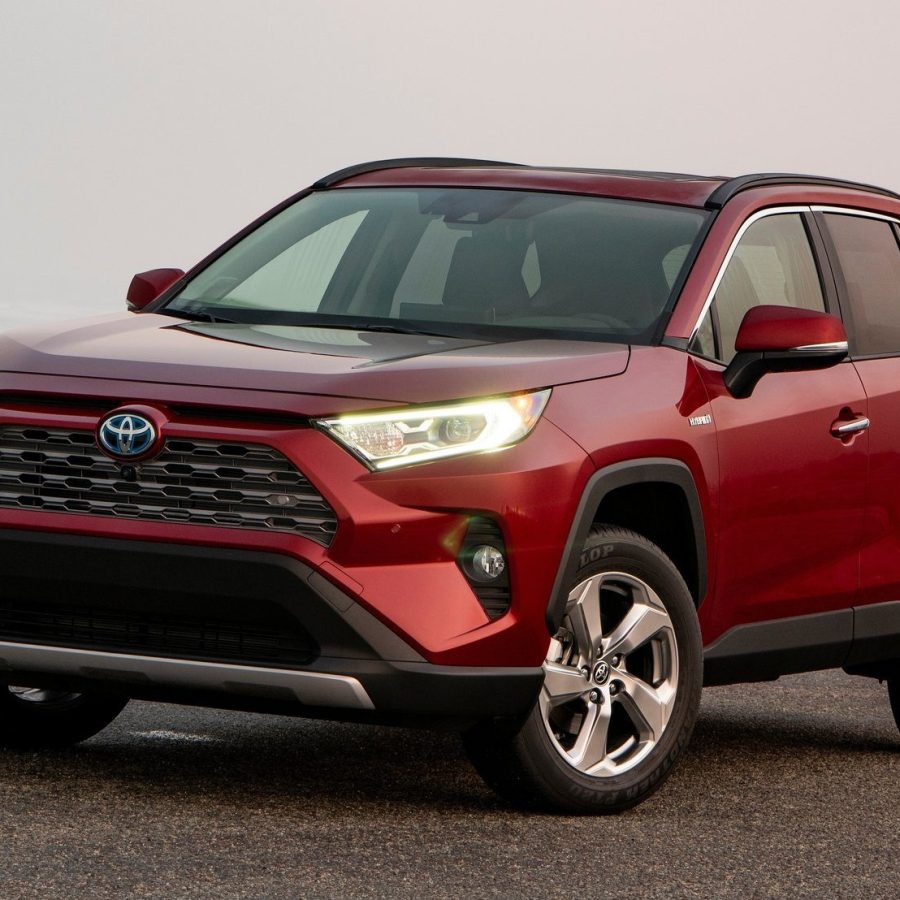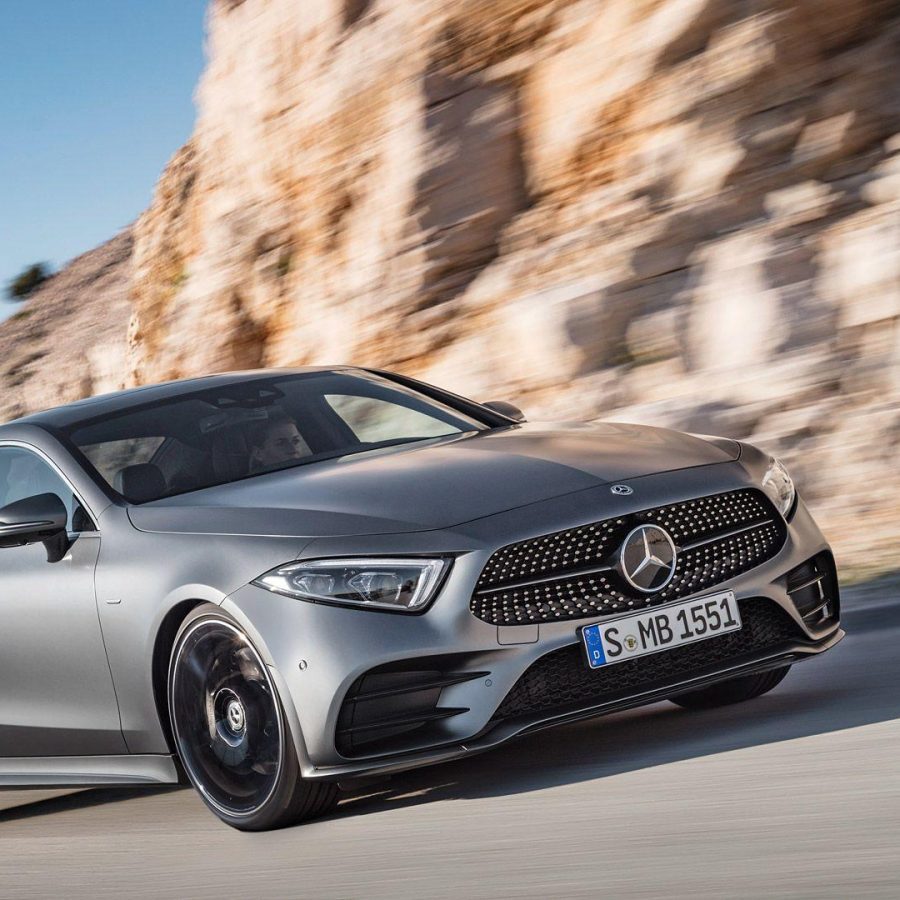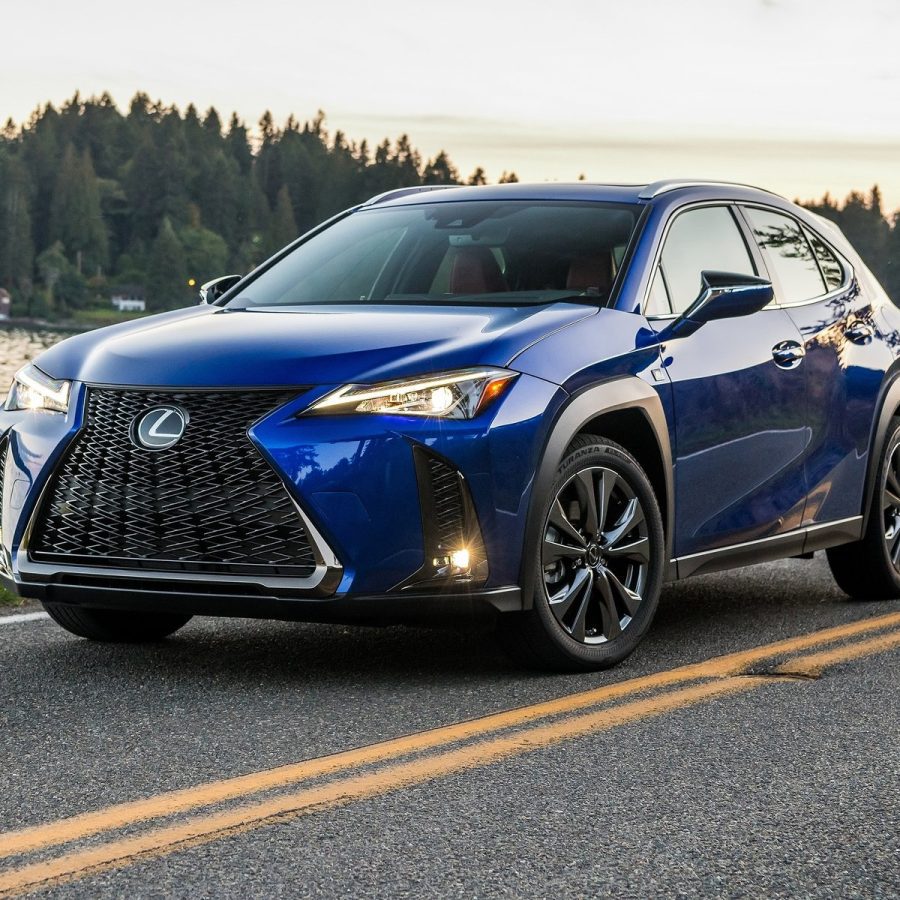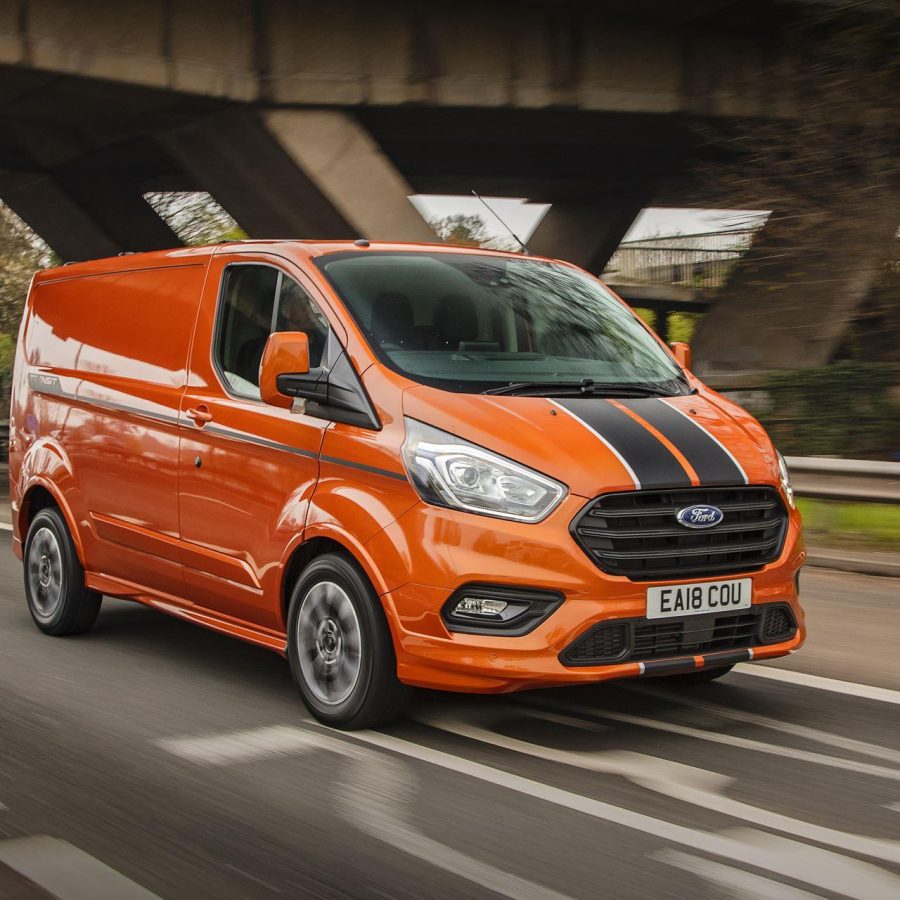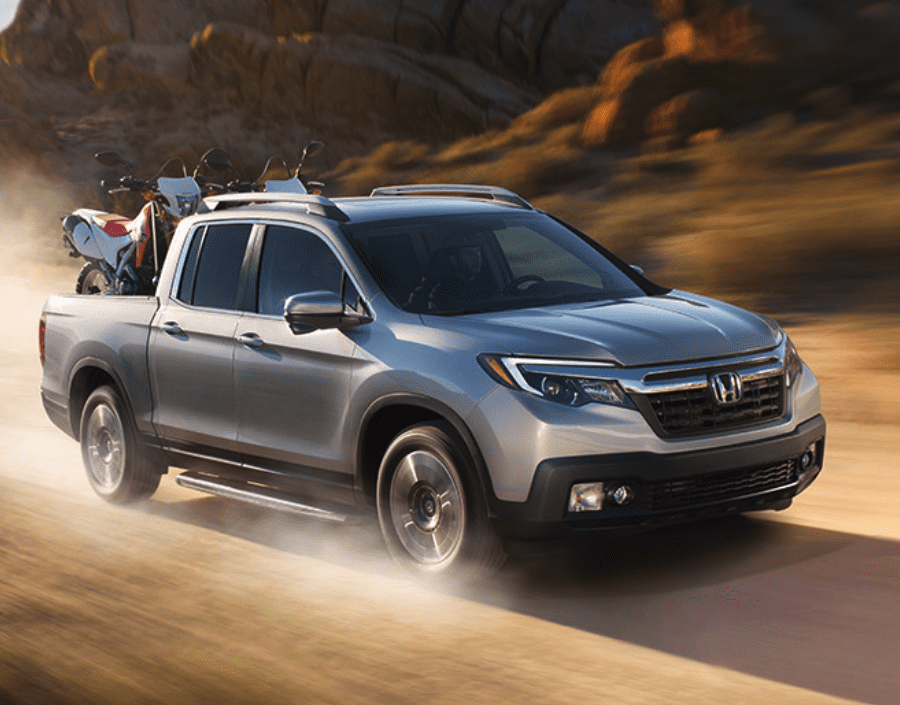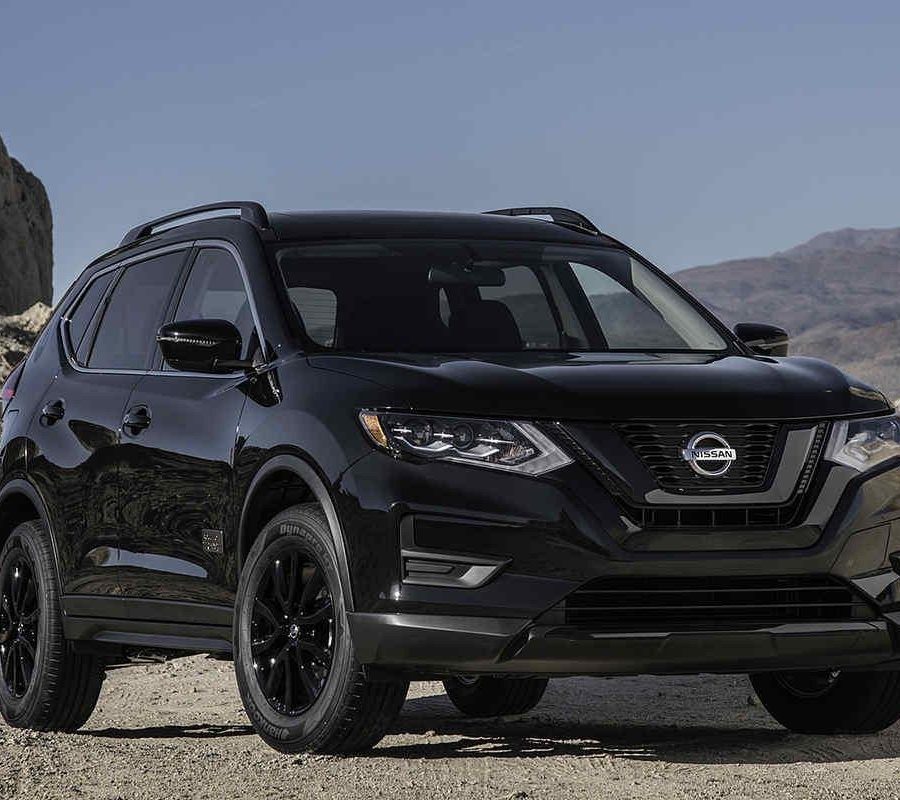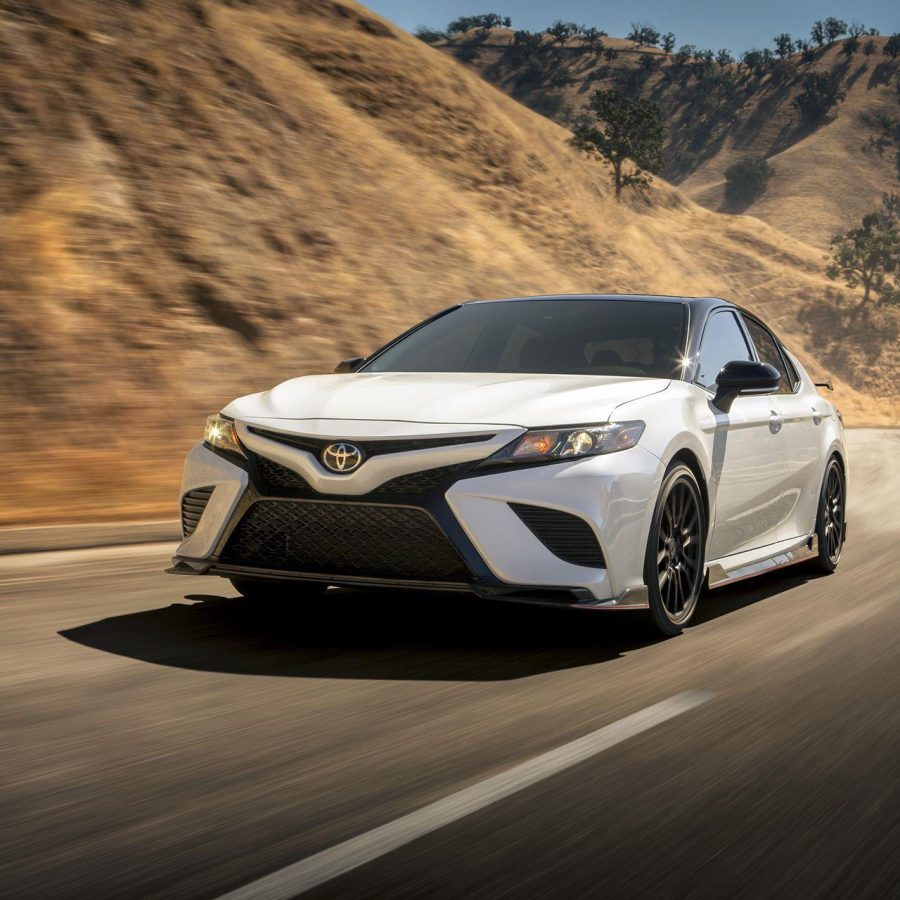2019 U.S Automotive Sales Research
The U.S. auto industry in 2019 experienced shifts both in terms of market dynamics and consumer preferences. While the U.S. auto market remained strong, 2019 witnessed a slight dip in sales, with approximately 17 million vehicles sold. This indicated a further stabilization of the market after years of post-recession growth. One of the most defining trends of the decade, the consumer preference for SUVs, crossovers, and trucks over traditional sedans persisted. Many automakers continued to adjust their production and investment strategies to cater to this shift. The electric vehicle (EV) market saw growth in terms of both sales and model availability. While EVs remained a minority in overall sales, various automakers expanded their EV lineups, and there was a notable increase in discussions about EV infrastructure and policy support. Worries about potential economic downturns and trade tensions, especially between the U.S. and China, cast some uncertainty over the auto industry. These concerns had implications for pricing, production, and supply chains. Despite decent sales numbers, automakers faced pressures on their profit margins due to increased competition, the need for technological investments, and certain economic challenges. Reflecting changing consumer tastes and strategic focuses, some automakers announced factory closures or realignments, particularly facilities that produced less popular sedan models.


